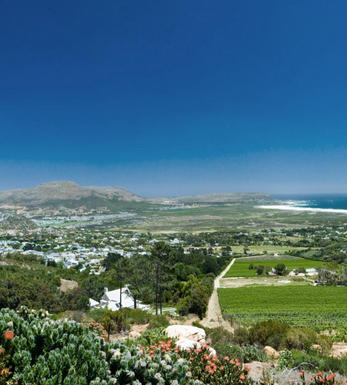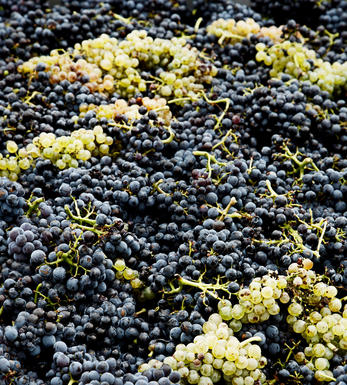
2013 Cape Point Vineyards, Isliedh, Cape Point, South Africa

Critics reviews
Neal Martin - Wine Advocate - eRobertParker.com #215 Oct 2014
Platter Wine Guide , wineonaplatter.com, Nov 2014
Perched high and proud above the charming ocean-side village of Noordhoek, Cape Point Vineyards has been breaking new ground, literally and figuratively, for well over a decade under talented cellar-master and Cape Winemakers Guild member, Duncan Savage. Vineyards have been established in extreme locations and on treacherous slopes, producing unique terroir-specific wines. The cellar is a converted subterranean mine bunker on the home farm, clad in local rock and offering sweeping views from its decks. This pioneer has elevated the now officially declared Cape Peninsula district’s status for fine Sauvignon-based wines and firmly established itself amongst the elite of the industry.
About this WINE

Cape Point Vineyards
Cape Point Vineyards produces arguably the most complex and fascinating Sauvignon Blanc in the Western Cape and its wines are consistently awarded 4/5 stars by South African wine critic John Platter. The winery and vineyards are located on the narrow Cape Peninsula (spanning 11kms at its widest point), between the icy currents of the Atlantic seaboard and the warm waves of False Bay, all of which results in a unique maritime climate ideal for superior winemaking. The vineyards area situated at Noordhoek and jut out into the sea on a small promontory south-west of Constantia.
Duncan Savage has been with the property for 12 vintages and is justifiably regarded as one of the most innovative young talents in the country. Duncan’s ambition is to explore just how complex wines from Sauvignon can be, eschewing the idea of simply making a facsimile of the New Zealand style through tank fermentation. He seeks to make a more textured Sauvignon, creating layers of flavour and attempting to produce aromas of grapefruit, citrus and stone fruits rather than the ubiquitous gooseberry and elderflower notes. To do this he barrel-ferments up to 80 percent of the crop in old, 600-litre barrels, and adds a percentage of Semillon into the mix.
The results are exceptional, and no less an authority than Eben Sadie – arguably South Africa’s finest winemaker – has been quoted as saying that Cape Point is the country’s finest Sauvignon Blanc.

Other Varieties
There are over 200 different grape varieties used in modern wine making (from a total of over 1000). Most lesser known blends and varieties are traditional to specific parts of the world.


Buying options
Add to wishlist
Description
The aromas here are of Acacia flower, orange blossom, taut and complex with a hint of a nougatine, waxy, lanoline scent. I would think this fuller note, which also reveals on the palate, comes from the added Semillon. It has a fresh and vibrant palate, with hints of ginger. The flavours last over a minute in the mouth. A complex and satisfying Sauvignon; different but never the less excellent. Drink now and over the next 3 to 4 years.
Stuart Rae, Fine Wine Account Manager
wine at a glance
Delivery and quality guarantee